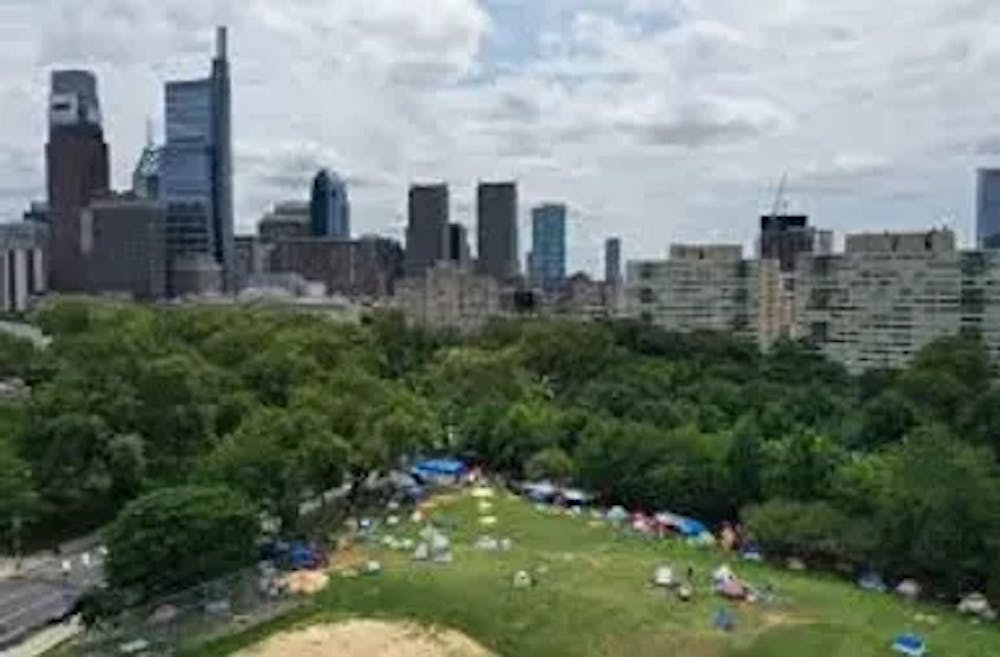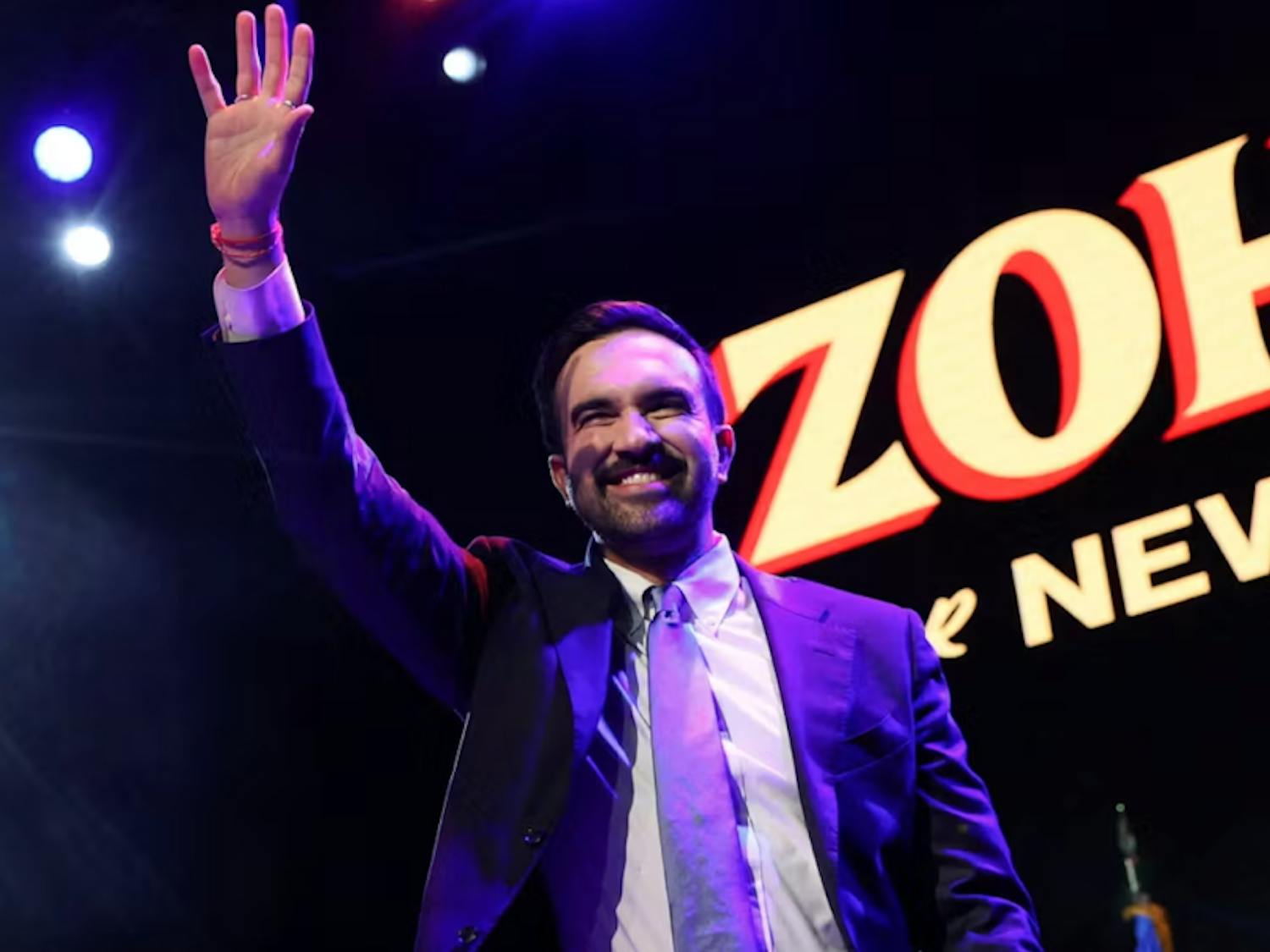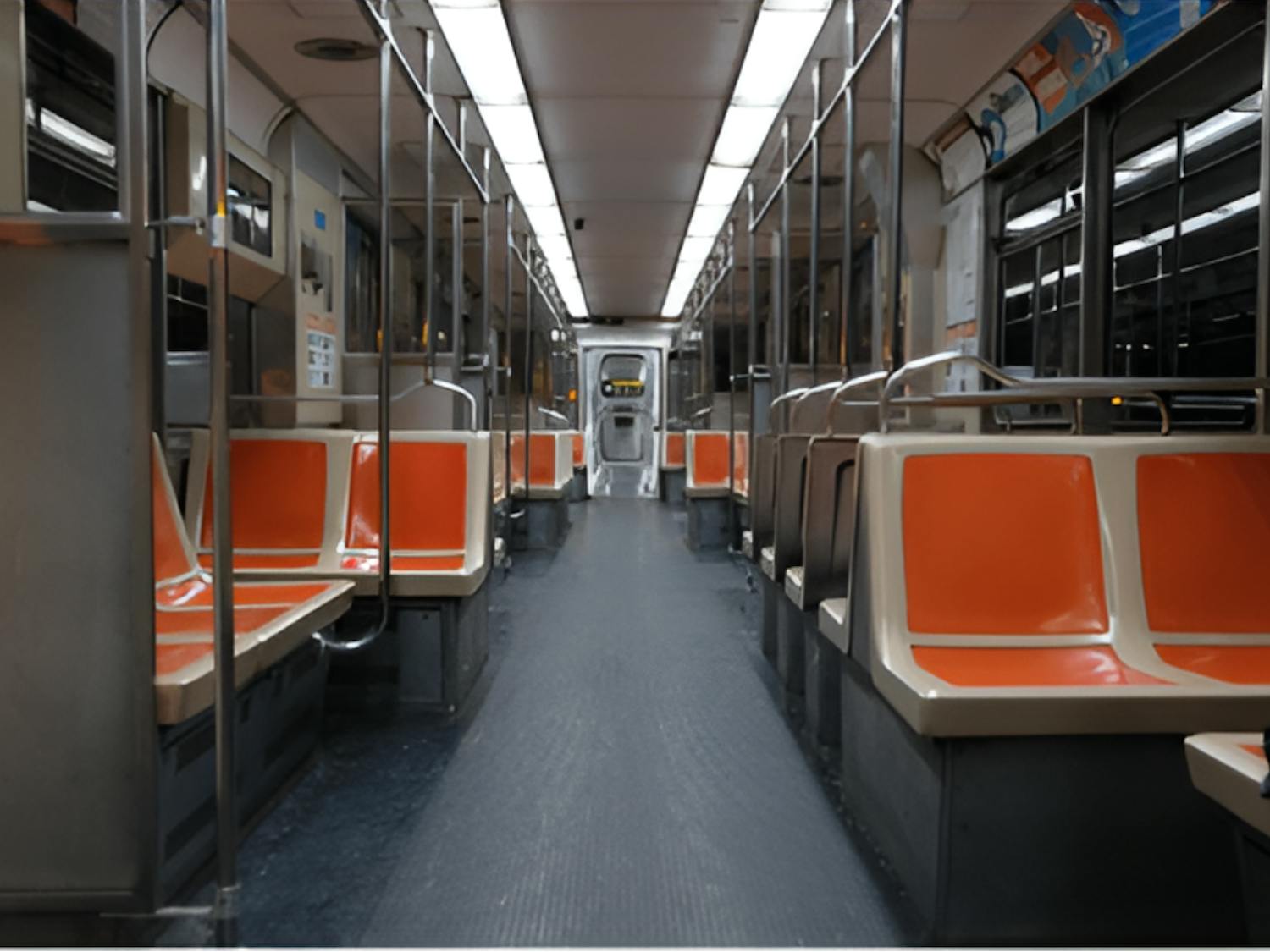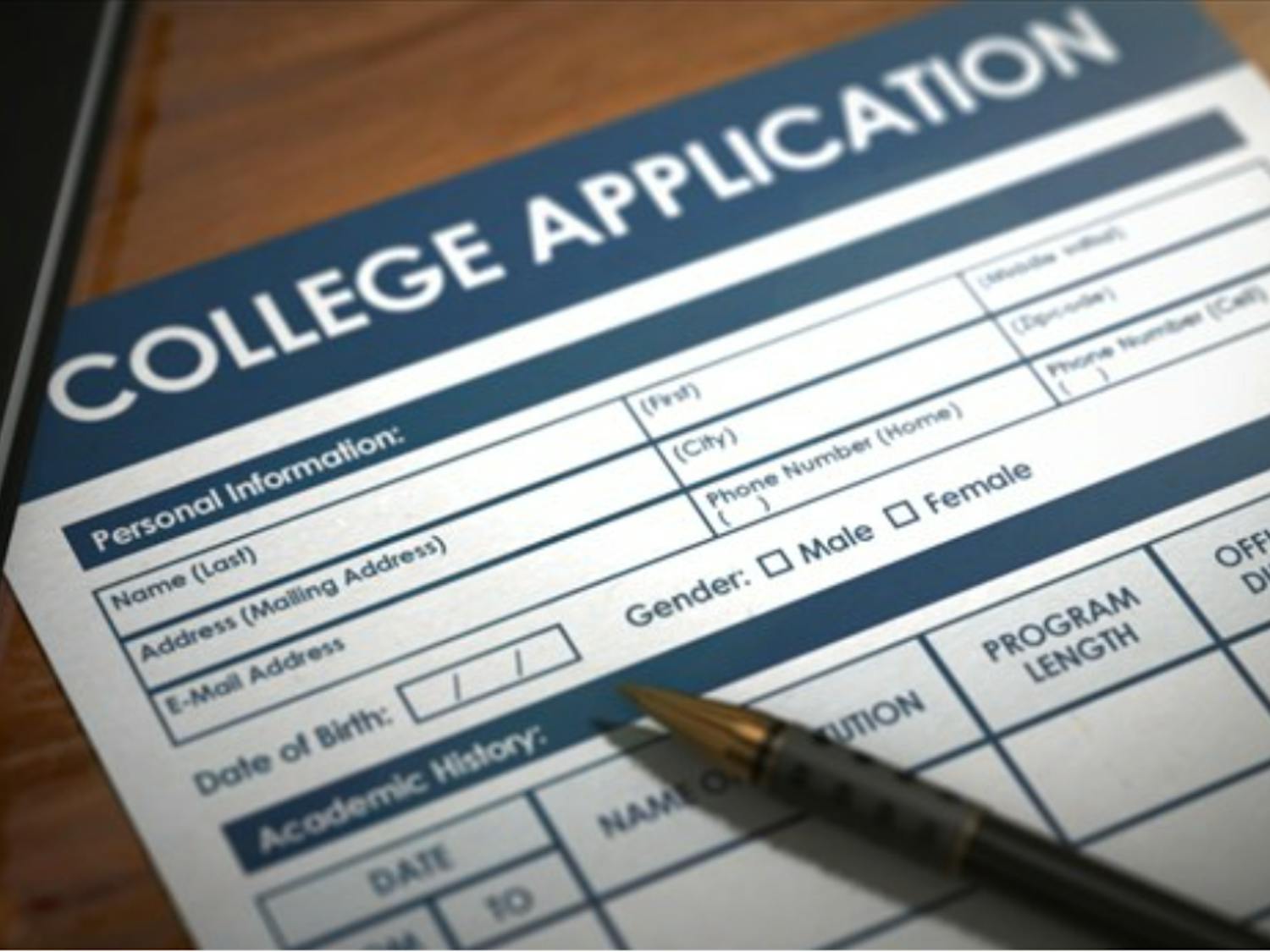Three months ago, fellow Bullhorn reporter Rory Mcdonald published an article on the 50 Philadelphians experiencing homelessness that established the James Talib-Dean Camp in Von Colln Park on the Parkway. Signs on the camp's perimeter display their demands 一 which range from a community land trust for permanent low-income housing to an end to homeless sweeps and disbandment of the Philadelphia Police Department.
Today, those Philadelphians are still there. And the camp population has grown to roughly 150 residents and to a second encampment on Ridge Avenue outside of the Philadelphia Housing Department.
For as long as they've been there, the City of Philadelphia has been trying to clear the encampments. Since the first deadline on July 17th was provided by city officials for the camps' disbandment, two more such deadlines have come and gone. Last month, a federal judge ruled that the city was permitted to "dissolve and terminate" the encampments. Yet, on September 9th, the most recent eviction deadline, crowds of protesters gathered and erected a barricade, continuing the standoff. The camps remained.
City officials cite the camp's occupation of public land, violation of Covid-19 restrictions on public gatherings, and alleged health issues, including public defecation and drug use, as grounds for removal. Pressure on the city has mounted as a chorus of neighbors complain about the presence of "trash, needles, nudity, and human waste," as reported to The Inquirer. At the same time, however, other neighbors recognize the organization within the camp and how it has met its residents' immediate needs, from regular meals to clothing donations, and instead chose to turn their attention to the city's response.
In her Op-Ed for The Inquirer, Nia Holston, one such Logan Square resident, describes her experience speaking with camp residents. "They were being treated with dignity and respect," she says, "and felt that because people were fighting for them, that they had a chance to see true housing justice." Echoing the sentiment of the camps' leaders, Holston criticizes the city's efforts to remove the encampments amid a pandemic, citing CDC guidance that advises otherwise and Covid-19 outbreaks in shelters earlier this year.
Anger at the city's response has called attention to the Black and brown residents that make up much of the camp populations. Holston challenged her neighbors, residents of one of Philly's wealthiest areas: "If you screamed Black Lives Matter at a protest this summer, or adorned your windows with protest signs, then you must reflect on the ways your actions, or inaction, speak to how you show up for Black lives."
Still, neighbors like Holston recognize the need for solutions. They point towards the city's large number of vacant properties - 40,000 to be precise, enough to house the city’s homeless population three times over. They see potential for collaboration with encampments to create better sanitation and hygiene systems. "The infrastructure is there," Holston says, "the political will is not."
Now, negotiations between the encampment and the city have stalled. The Black and Brown Coalition of Philadelphia is petitioning Mayor Kenney to re-enter negotiations. The Mayor declined the camp’s invitation to brunch. As deadline after deadline passes, the question remains: What will actually happen?
Neither side is satisfied with the other's proposals. Activists protecting the encampment have pledged that they "will not go quietly." Many observers are wary of the city's capacity for violence, recalling the tear-gassing of peaceful protestors in June and the MOVE bombing in 1985, a situation similar in defied eviction notices, failed negotiations, and neighbor complaints. Some fear that it's no longer a question of whether the standoff will escalate to violence, but when.
“This is my family. These are my people,” Dominique McQuade said of residents and organizers. McQuade, a 2020 graduate of West Chester University, is a non-resident community member. In a press conference on September 8th, McQuade asked reporters, “If the city evicts the encampment, where does everyone go? They have nowhere else to go. They’re going to go back out on the street. They’re going to not be provided with food every day. They’re not going to have a shower, not have access to medics.”
“We are not trying to be violent,” McQuade continued, “we just want our message to be heard.”
That message, “first and foremost, permanent housing,” said Sterling Johnson, an organizer with the Black and Brown Workers Cooperative, in the same press conference. “Housing that is untethered from any other condition. We’re not going anywhere until that happens.” So far, Johnson said, city officials have only offered “temporary solutions.”
Enjoy what you're reading?
Signup for our newsletter
The standoff between the encampments and the City of Philadelphia has renewed the conversation surrounding a decades-old housing crisis. Philadelphia has seen the rate of homeownership drop in recent years, especially in Black and Latinx communities. Even subsidized housing is often rendered inaccessible due to gentrification, poor-quality housing, and a shortage of units for low-income renters. The ongoing economic downturn caused by Covid-19 has and will continue to increase housing insecurity and homelessness in Philadelphia.
Through a bullhorn in front of a crowd adjacent to the parkway encampment, Jamaal Henderson of Act Up Philly said, “This is a protest. This is a statement. This is an indictment on the city’s 100-year failure to deal with the homeless issue in this city.”




